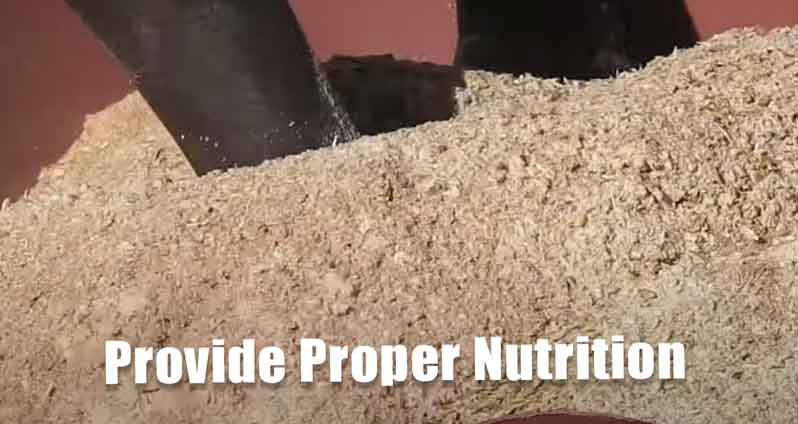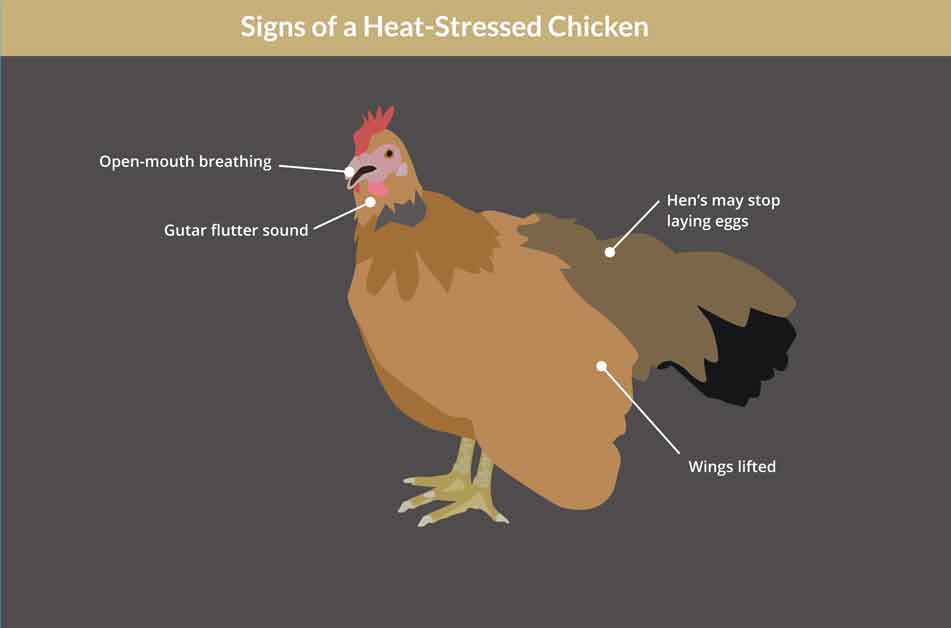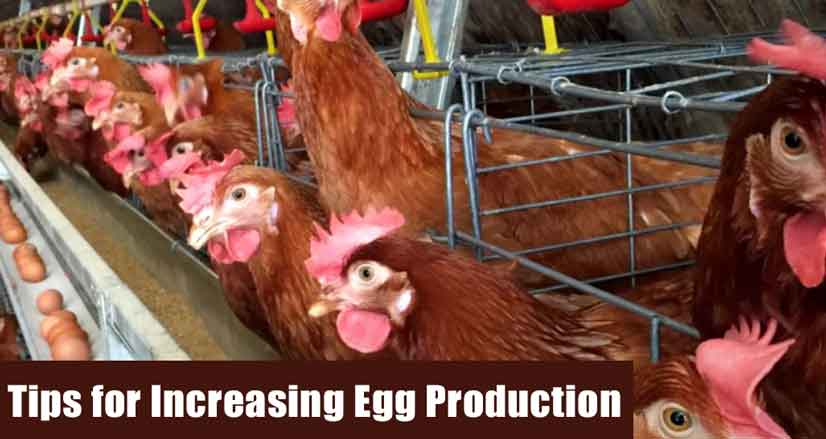The egg industry can sometimes give you some challenging situations, such as when your chickens aren’t laying enough eggs, costs are going up, and the business is almost collapsing. So what do you do?
Although you can’t simply go and tell the hens what to do, you can make changes that will impact egg production and, as a result, maximize it for your poultry business profits.
You can take several key actions to maximize egg production, but before taking those steps, we must first identify the initial production barriers. So let’s get started!
Factors Affecting Egg Production
The pace of egg production is influenced by various things, both directly and indirectly. Some of these may seem insignificant to you but trust me when I say that these minor issues lead to the larger massacre.
Broodiness
When a hen refuses to leave its eggs and sits on them daily, we call it broodiness. Not all hens are like this; some experience bouts of broodiness occasionally because of natural instinct.
However, any broody hen is inefficient and makes it difficult for other hens to lay. It’s best to put a stop to it because otherwise, there will be an increase in chickens but not in egg production! It’s preferable to separate the broody hens until the broodiness has passed.
Insufficient Nutrition
If you feed your hens low-quality food, they will lack proper nutrition, resulting in low egg production. To maximize egg production, high-quality diets and probiotics are a must.
Lighting Effects
This term may be unfamiliar, but your farm’s lighting system impacts egg production. Lighting has an impact on the amount of egg production as well as the size of the eggs. If there is no light, the chickens will not feed, and an improper diet will undoubtedly affect egg production.
Poor Hygiene
It’s essential to maintain proper hygiene on the poultry farm. Dirty facilities, such as filthy drinking cups and dirty surroundings, increase the chances of disease in the chicken, and as a result, mortality rates rise. Simply put, inadequate sanitation and hygiene may lead to reduced or poor egg production.
Management Flaws
A poor management system can also reduce egg production. Some common mistakes include running out of food, failing to stick to a feeding schedule, having insufficient water supply, and many others. These should be strictly maintained and followed.
Stress
This may seem unusual, but your hens can experience stress just like you. We frequently see signs in grocery stores like ‘Raised in a Stress-Free Environment,’ so it’s also essential to consider your chicken’s mental health.

Source: Poultrydvm
A stress-free hen produces the best eggs, and a lot of them. Many things can stress them out, such as the weather, toxins and an improper diet, cabin fever, etc. Identifying the causes and allowing them to live stress-free lives for your benefit is essential.
Health Problems
When egg production drops, the first possible cause is a disease. Infected chickens can quickly infect other chickens, resulting in a higher mortality rate in poultry farms when a disease spreads. To reduce the risk, it is advisable to have regular medical checkups and cleanup of the pet chicken coop and cages. It is preferable to separate the infected ones before it is too late.
Tips for Increasing Egg Production
Now that you know the factors that can significantly impact egg production, It’s time to face the challenges and take action. Continue reading to find out how you can boost egg production!
Breeding
Chicken breeding is a particular term for getting a mix of good breeder chickens to increase egg production.
You can have different breeds in your poultry, but the most productive ones to raise will give you the best egg production. A thorough investigation is required to determine which chicken species will yield the highest profits and which commercial-type hens to work with.
Feed Care to Maximize Egg Production
To keep the chickens fit and healthy, it is absolutely essential to supply their food needs and maintain a proper food chart that includes protein, vitamins, minerals, and all other types of nutrition that will benefit egg laying.
Food: It’s vital to supply them with 12 to 20% protein and 2-3% calcium in their daily diet to keep them strong and to ensure strong eggshells with proper hatching of the chickens.
Water: For maximum egg production, a continuous source of clean and fresh water is necessary. It does not only benefit the chickens’ health, but we should remember that half of the egg volume is water, so a clean water supply is a must! So, clean and disinfect the chicken coop regularly to maintain a healthy environment.
Nutrition: They should also get the nutrients they need for good egg production. Probiotic supplementation, for example, causes aged hens to lay more eggs.
Many poultry business owners try to save money by feeding their chickens household grains or scraps, which results in poor egg production. Investing in a good food diet for them will ensure good egg production, so the ultimate profit will be yours in the end!
Nest Boxes
Provide nest boxes inside the chicken coop so the chickens can lay eggs exactly where you want them to keep them clean and undamaged. Moreover, it makes collecting them easier. If they lay eggs here and there, on the corner, there is a high risk of the eggs being damaged by other chickens or getting lost. You can build your own or get the chicken nest boxes from somewhere else, whatever suits your needs.
Keep it Clean & Hygienic for Better Egg Production
Proper hygiene should also be maintained. Most poultry cages have their own cleaning system; you can do it manually or with the assistance of artificial machines, but you should never be too lazy to clean. After all, whatever you do will result in profit or loss.

Eggs: You can clean the eggs with sandpaper once in a while. Dry-washing eggs will also keep them neat, healthy, and clean.
Coops: The coops must also be cleaned regularly to ensure that the eggs and hens remain healthy.
Surroundings: You should avoid overcrowding the chickens and keep the environment as clean as possible. It allows the chicken to grow in a healthy environment, allowing them to lay more eggs and keeping them disease-free. Use a proper coop heater in the cold season.
Lighting Control
Since we know that lighting affects egg production, try to manage the lighting times so that they correspond to the hens’ feeding times. Check that they aren’t too dark or too bright. A regularity chart should be used to ensure that the minimum light time is provided regularly. To yield the best outcomes, chickens must be exposed to 14 to 18 hours of light per day, beginning at 18 weeks!
Count More Shells!
Everything you do, starting from breeding, feeding, and nourishing the chickens, will result in commercially viable egg production.
Those as mentioned earlier and described tips can help you achieve the best results possible, allowing you to increase laying rates at any stage. That’s all you need to know to maximize your benefit and profit from an egg production business!
